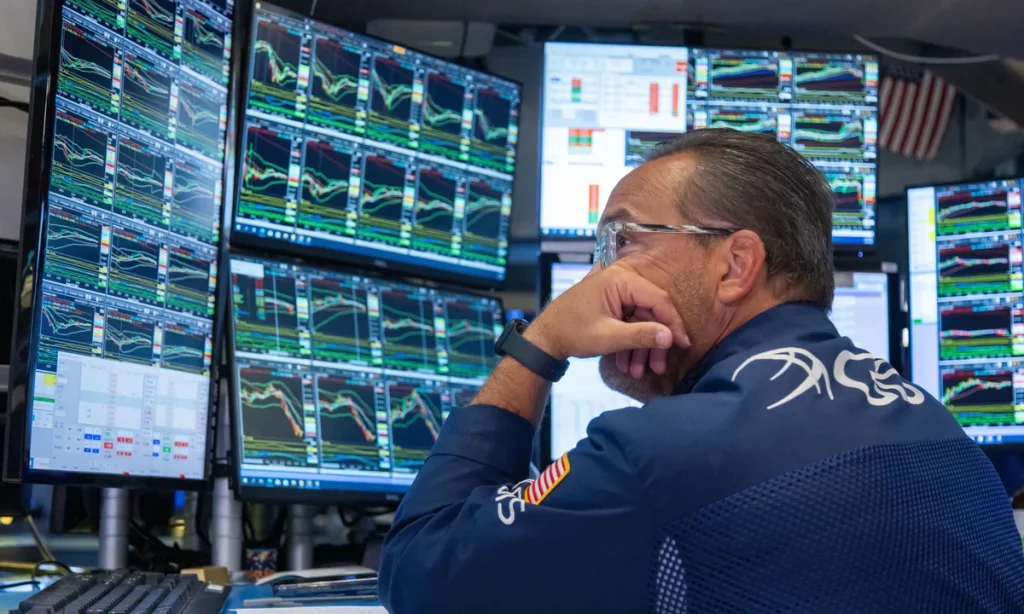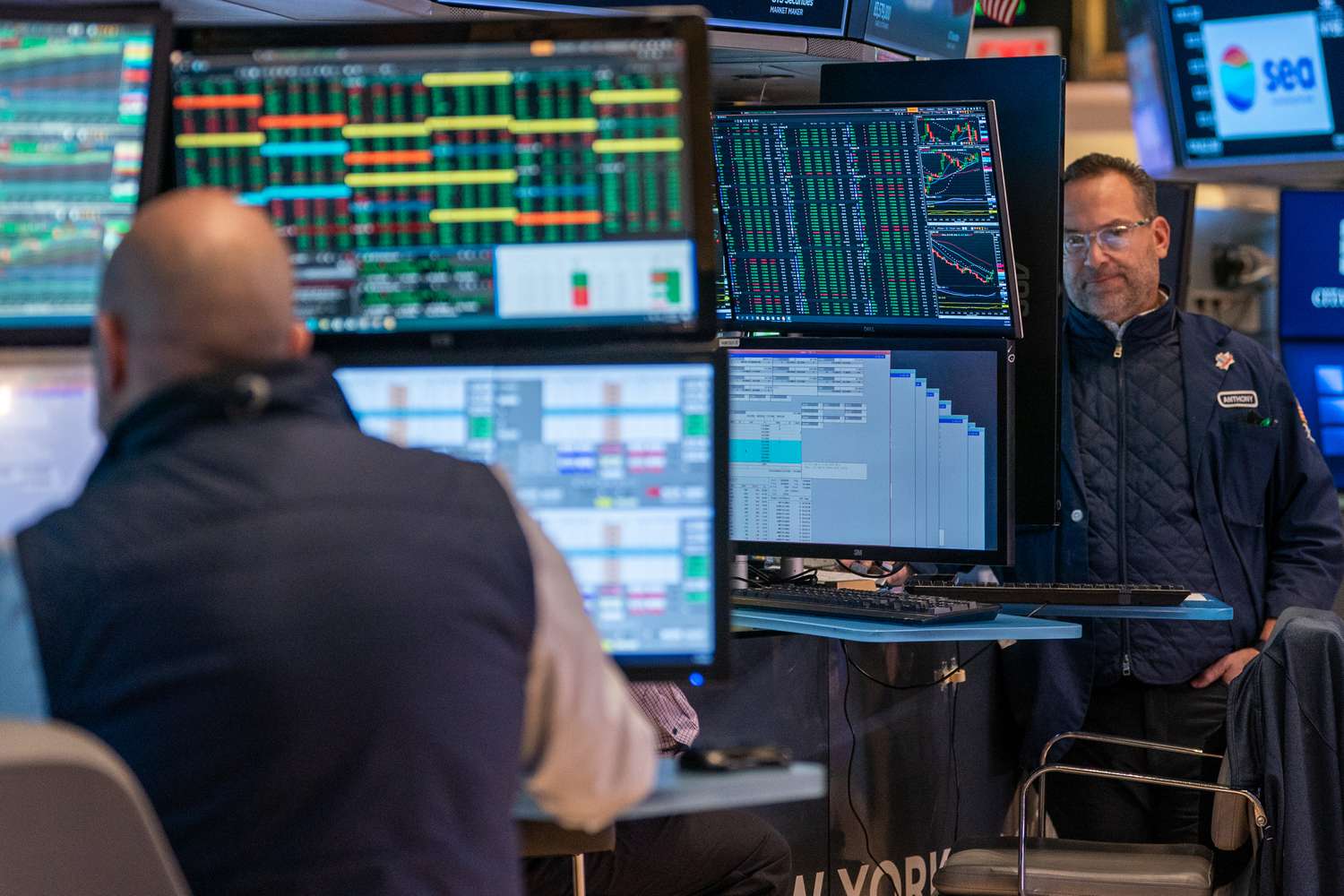Global markets largely ended the week on a positive note, driven by strong US retail data and impressive earnings reports from major Wall Street companies.
These positive indicators helped overshadow concerns about Donald Trump’s ongoing tariff disputes, with his August 1 deadline fast approaching for many countries.
US Economic Strength Fuels Optimism
In New York, the Nasdaq and S&P 500 reached new record highs on Thursday. This surge followed better-than-expected US retail sales figures for the previous month, which reversed a decline from May and signalled continued strength in the world’s largest economy.
Further confidence came from a modest jobless claims report. Additionally, strong earnings from Netflix boosted tech stocks, as did Trump’s decision to allow Nvidia to export its H20 semiconductors to China.
This positive sentiment spilt over into Asian markets, with Hong Kong stocks leading gains among tech firms. Shanghai, Sydney, Singapore, Taipei, Manila, Bangkok, and Jakarta also saw increases. In Europe, London, Paris, and Frankfurt extended their gains from Thursday.
Japan Faces Election Anxiety and Rice Price Shock
Conversely, Tokyo’s Nikkei 225 ended in the red as investors grew anxious ahead of Japan’s weekend elections.

Opinion polls suggest Prime Minister Shigeru Ishiba’s ruling coalition could lose its majority in the upper house, having already lost control of the lower house last year.
A poor performance for Ishiba, who has been battling a cost-of-living crisis, could force him to step down and usher in a period of economic uncertainty.
Compounding the prime minister’s woes was news that rice prices doubled in June year-on-year, following similar drastic increases in May and April.
This surge in staple food prices has dominated the election campaign, with Moody’s Analytics’ Stefan Angrick noting Ishiba’s government has offered only “belated and half-hearted financial support.”
SPI Asset Management’s Stephen Innes criticised Ishiba’s handling of trade tensions with the US, stating that while his base might applaud his refusal to concede on tariffs, markets “don’t reward stubborn idealism.
They reward adaptability. And on that score, Ishiba has failed to hedge his leadership risks.” Public support for Ishiba’s administration has fallen to its lowest point since he took office in October, partly due to his inability to secure a deal to avoid the worst of Trump’s tariffs.


 Trending
Trending 
